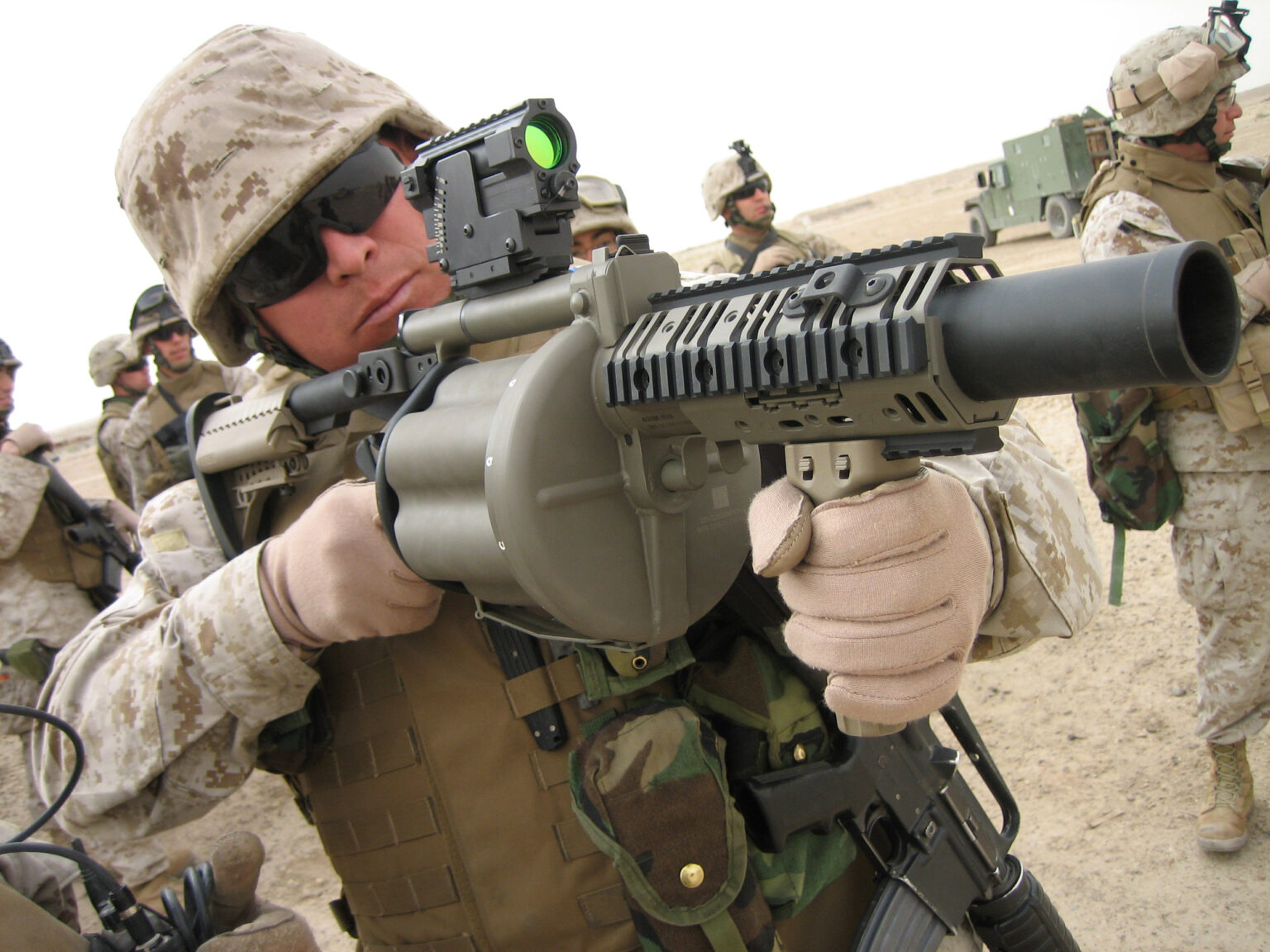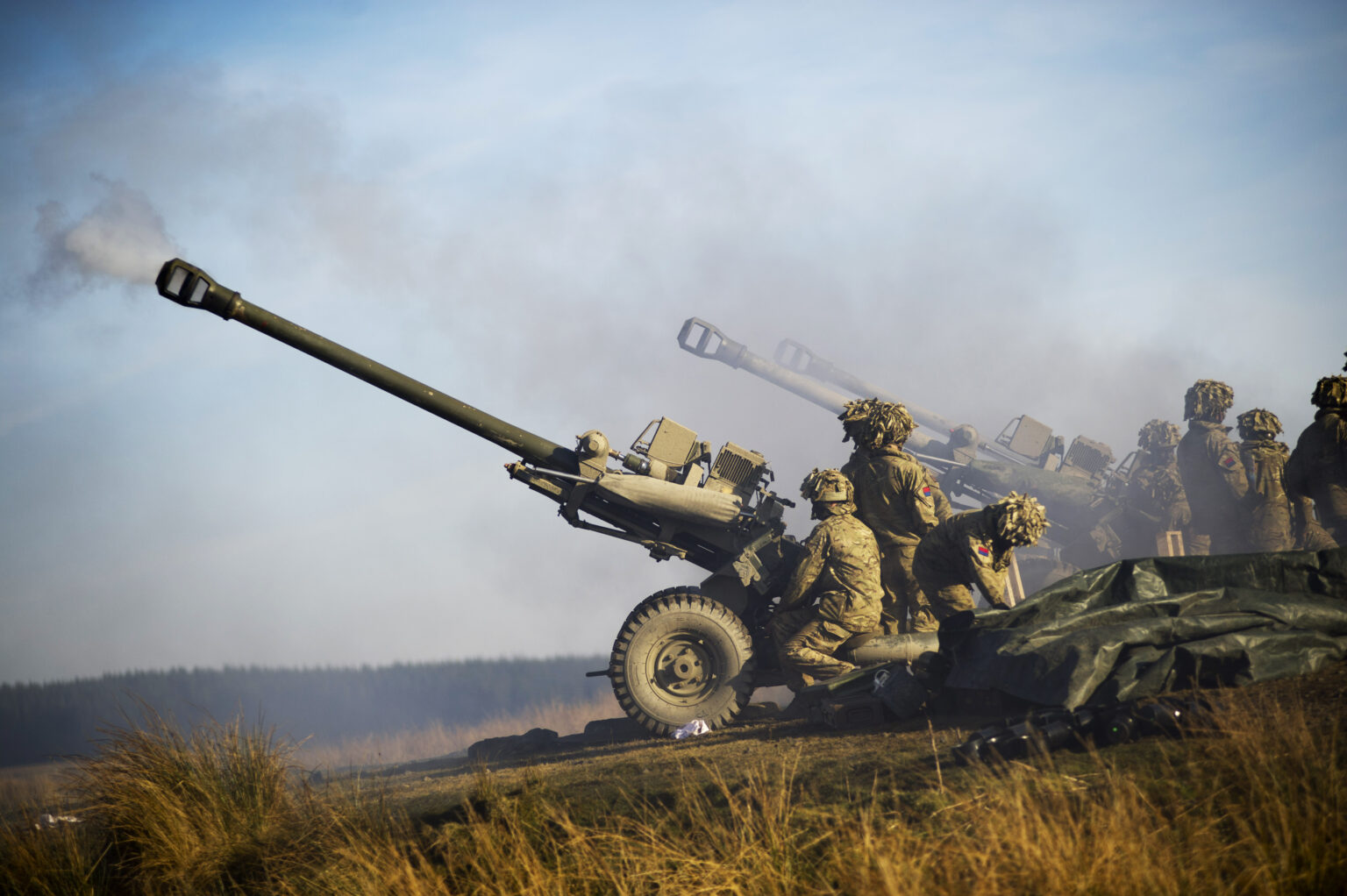Class 4 Weapons: The Ultimate Guide To Understanding And Managing Them
Alright folks, let's dive straight into the topic that’s been buzzing around in military circles, legal debates, and even pop culture: class 4 weapons. Now, this isn’t just some random phrase you hear in action movies; it’s a real thing with serious implications. Class 4 weapons are often misunderstood, and today, we’re here to break it all down for you—what they are, why they matter, and everything in between. So buckle up because we’re about to take you on a wild ride through the world of restricted firearms and explosives.
But first, let’s set the stage. When people talk about class 4 weapons, they’re referring to a category of firearms and devices that go beyond the standard regulations. These aren’t your everyday handguns or rifles; we’re talking about heavy-duty stuff that’s tightly controlled by law. The reason? Well, they’re powerful, potentially dangerous, and not exactly something you want floating around unchecked.
Now, before we get too deep into the weeds, let’s clear the air. This guide isn’t here to scare you or confuse you. Instead, we aim to provide clear, actionable information so you can make informed decisions. Whether you’re a gun enthusiast, a legal expert, or just someone curious about the world of weapons, this article is for you. Ready? Let’s go!
Read also:Tarah Adkins A Rising Star In The Entertainment World
What Exactly Are Class 4 Weapons?
Let’s start with the basics. Class 4 weapons refer to firearms and devices that fall under the strictest category of regulation. Think of them as the big dogs in the world of firearms—they’re powerful, often explosive, and not something you’d find at your local gun shop. Examples include automatic weapons, grenades, rocket launchers, and other military-grade equipment. But why are they classified this way?
Why Are They Classified Separately?
Great question! The classification exists because these weapons pose a significant risk to public safety if misused. Unlike class 1 or 2 firearms, which are relatively easy to manage and regulate, class 4 weapons require specialized training, licensing, and oversight. The government wants to ensure that only qualified individuals have access to such powerful tools.
Legal Framework Surrounding Class 4 Weapons
Now, let’s talk about the laws. In the United States, the National Firearms Act (NFA) of 1934 laid the groundwork for regulating these weapons. Over time, additional laws and amendments have been added to tighten the controls. For instance, the Firearm Owners Protection Act of 1986 made it illegal for civilians to own most fully automatic weapons manufactured after that date. It’s a complex web of regulations, but it’s all designed to keep things safe.
Key Regulations to Know
- Class 4 weapons require a special federal license.
- Applicants must undergo extensive background checks.
- Ownership is typically limited to law enforcement, military personnel, and collectors with proper credentials.
These rules might seem strict, but they’re in place for a reason. The goal is to strike a balance between individual rights and public safety. And trust us, that’s no small feat.
Who Can Own Class 4 Weapons?
Alright, so who exactly gets to own these bad boys? The short answer is: not many people. Ownership is typically restricted to:
- Law enforcement agencies
- Military personnel
- Certified collectors with a legitimate interest
Even then, the process is rigorous. Applicants must demonstrate a valid need, pass multiple background checks, and maintain strict compliance with federal regulations. It’s not something you can just walk into a store and buy—it’s a highly controlled process.
Read also:Lori Loughlin The Untold Story Of A Hollywood Icon
The Controversy Surrounding Class 4 Weapons
Of course, where there’s power, there’s controversy. Class 4 weapons have sparked heated debates among gun rights advocates, lawmakers, and the general public. Some argue that restricting access is necessary for public safety, while others believe it infringes on constitutional rights. It’s a complex issue with no easy answers.
Common Arguments For and Against
- For: Strict regulations protect civilians from potential misuse.
- Against: Limiting access to certain weapons infringes on Second Amendment rights.
It’s a balancing act, and one that continues to evolve as technology advances and societal norms shift.
How to Obtain a Class 4 License
If you’re serious about acquiring a class 4 license, here’s what you need to know. The process involves several steps, each designed to ensure that only qualified individuals gain access. First, you’ll need to complete an application with the Bureau of Alcohol, Tobacco, Firearms and Explosives (ATF). This includes:
- Filling out extensive paperwork
- Passing a thorough background check
- Demonstrating a legitimate reason for ownership
Once approved, you’ll receive your license, but remember: this is just the beginning. Maintaining compliance is an ongoing responsibility.
Safety and Training Requirements
So, you’ve got your license—now what? Safety and training are critical components of owning class 4 weapons. Proper handling and storage are non-negotiable. Here are some key tips:
- Enroll in certified training programs.
- Store weapons in secure, locked facilities.
- Regularly inspect and maintain equipment.
These steps might seem like a lot of work, but they’re essential for ensuring both your safety and the safety of those around you.
Class 4 Weapons in Popular Culture
Let’s switch gears for a moment and talk about how class 4 weapons have been portrayed in movies and TV shows. From action blockbusters to crime dramas, these weapons often play a starring role. But how accurate are these depictions? Not very, as it turns out. Hollywood tends to glamorize the use of such weapons, often ignoring the real-world risks and regulations.
Famous Examples in Film
- Die Hard: Features several scenes with heavy weaponry.
- Mission: Impossible: Showcases advanced gadgets and firearms.
While entertaining, these portrayals can sometimes perpetuate misconceptions about class 4 weapons. It’s important to separate fact from fiction.
Global Perspectives on Class 4 Weapons
It’s not just the U.S. that regulates these weapons; countries around the world have their own systems in place. Some nations impose even stricter controls, while others take a more relaxed approach. For example:
- United Kingdom: Virtually no civilian ownership allowed.
- Canada: Highly restricted, with limited exceptions for collectors.
These differences highlight the varying cultural attitudes toward firearms and their regulation.
Future Trends in Class 4 Weapons
As technology advances, so too does the landscape of class 4 weapons. Innovations in materials, design, and functionality are changing the game. For instance:
- New lightweight materials are making weapons easier to handle.
- Smart technology is being integrated into firearms for enhanced accuracy.
While these advancements offer exciting possibilities, they also raise new questions about regulation and safety. It’s a fascinating space to watch as we move forward.
Conclusion: What You Need to Know About Class 4 Weapons
Alright, we’ve covered a lot of ground here, and hopefully, you now have a better understanding of class 4 weapons. From their classification and legal framework to the controversy surrounding them, it’s a complex topic with no easy answers. But one thing is clear: education and responsible ownership are key.
So, what’s next? We encourage you to continue learning and exploring this topic. Leave a comment below with your thoughts, share this article with friends, or check out some of our other content on related subjects. Together, we can foster a more informed and engaged community. Thanks for reading, and stay safe out there!
Table of Contents
- What Exactly Are Class 4 Weapons?
- Legal Framework Surrounding Class 4 Weapons
- Who Can Own Class 4 Weapons?
- The Controversy Surrounding Class 4 Weapons
- How to Obtain a Class 4 License
- Safety and Training Requirements
- Class 4 Weapons in Popular Culture
- Global Perspectives on Class 4 Weapons
- Future Trends in Class 4 Weapons
- Conclusion
Article Recommendations


